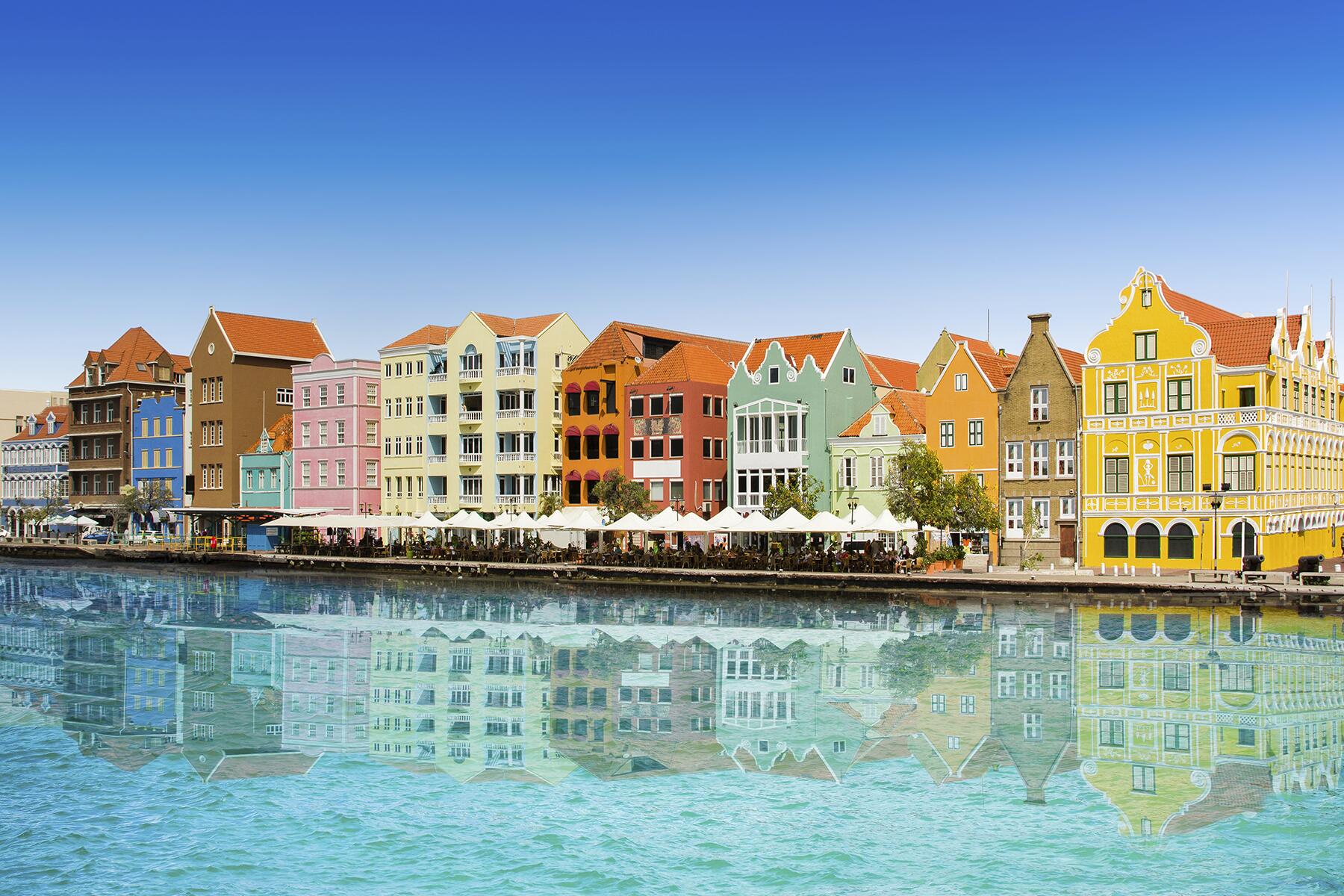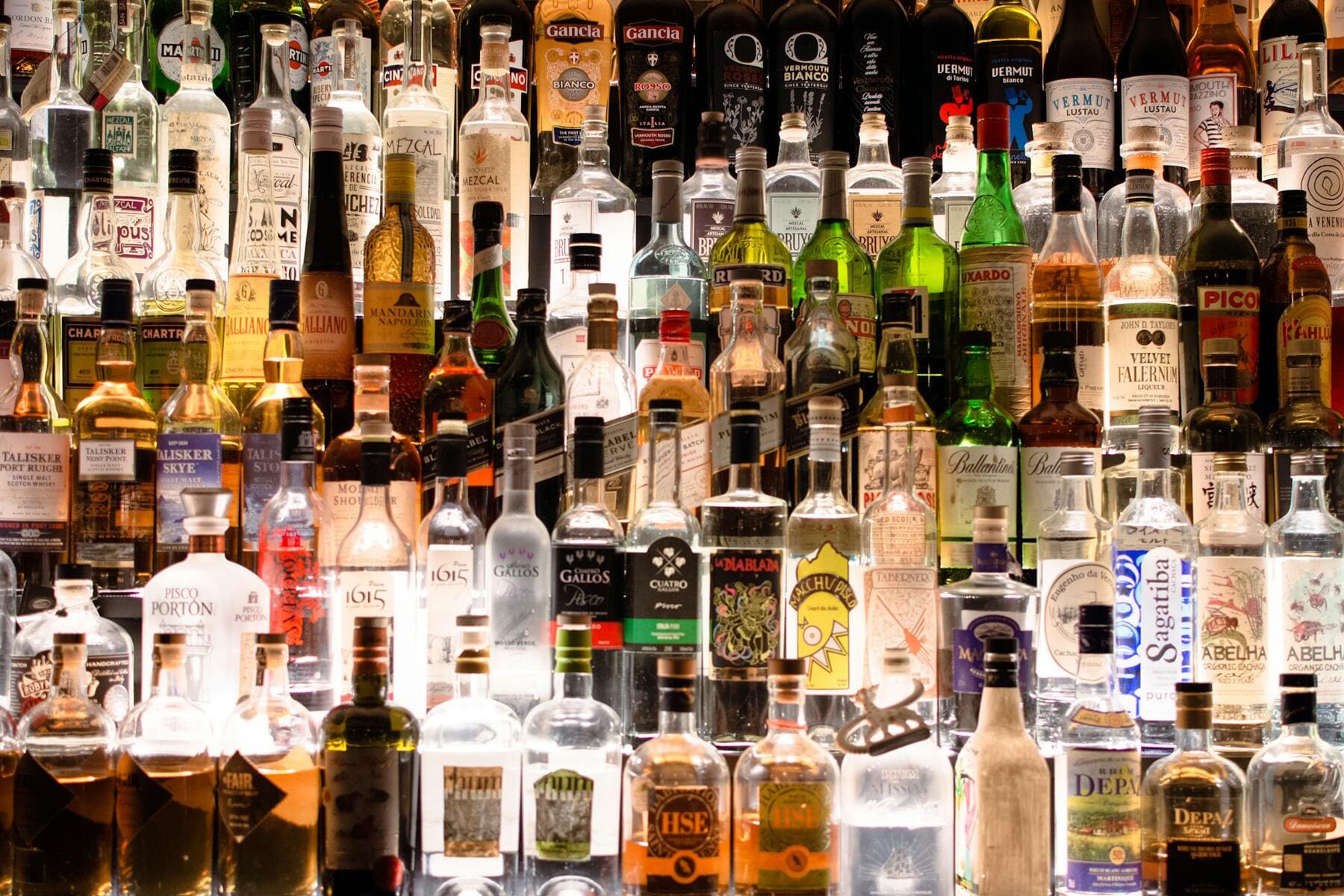How much can pilots drink before flying passengers?
Tales of drunk airline passengers aren’t that unusual. But thankfully, drunk pilots are a far rarer occurrence. And when it happens, the penalties are severe. Last year, an American pilot showed up for duty under the influence in Edinburgh and was arrested before he took charge of the flight. This week, the Edinburgh Sheriff Court sentenced him to 10 months in prison.
In June 2023, Delta Air Lines pilot Lawrence Russell, 63, was scheduled to captain the transatlantic flight from Edinburgh to New York. Security officers found two bottles of Jägermeister in his bag; one was half-empty. A breathalyzer test revealed that his blood alcohol level was more than twice the allowed limit for pilots, which resulted in his arrest.
A blood sample taken at the police station revealed that Russell had “not less than 49mg of alcohol in 100ml of blood.” The strict alcohol limit is 20mg of alcohol in 100 ml of blood.
Earlier this month, Russell pled guilty to reporting for duty while impaired. Sheriff Alison Stirling sentenced him to 10 months in prison, noting that he had two previous convictions for driving under the influence in the U.S. Russell’s defense exclaimed that he was a recovering alcoholic and was remorseful for his actions. However, the prosecutor welcomed the sentence, saying that Russell put the safety of passengers at risk with his conduct, and the conviction should “send the message that crimes of this nature will be robustly dealt with.”
Recommended Fodor’s Video
Regulation and Limits
The Federal Aviation Administration (FAA) recommends that pilots avoid alcohol. “A flight crewmember is strictly prohibited from operating or attempting to operate an aircraft while having a breath alcohol concentration 0.04 or above, or while under the influence of alcohol,” the FAA’s website says.
It is noted that serious errors by pilots dramatically increase at 0.04 blood alcohol level, but problems may also occur below this level. “Some studies have shown decrements in pilot performance with blood alcohol concentrations as low as 0.025%,” the FAA’s safety brochure explains.
By law, crewmembers are also forbidden to perform their duties within eight hours after consumption of alcohol, while under the influence, or while using drugs that may impair their faculties.
Conservatively, the FAA asks crew to wait 24 hours after imbibing alcohol and to consider the effects of a hangover (such as headache, dizziness, upset stomach, and irritability).
Alcohol can impair judgment and affect a person’s reasoning, memory, and reaction time. Visual problems such as focusing and decreased hearing perception are also observed, which can have a vital impact on flying a plane—a highly stressful and cognitively demanding job with hundreds of lives at stake.
Not a Lone Incident
Although rare, there have been incidents of pilots being caught on duty intoxicated.
In July last year, a United Airlines pilot was stopped at Paris-Charles de Gaulle Airport, when he was scheduled to fly to Washington Dulles Airport. The 63-year-old had a blood-alcohol level of 0.132%, thrice the legal limit in the U.S. and six times more than the limit set in Europe. Police officers noted that his eyes were glassy and he was staggering slightly. A French court suspended his license for a year, fined him €4,500, and sentenced him to six months.
In 2022, a JetBlue pilot was removed from duties after he appeared drunk for his flight from Buffalo to Fort Lauderdale. A TSA agent told authorities that the pilot appeared impaired and he was removed from the cockpit. He was taken into custody after his blood alcohol level was registered at 0.17%, more than four times the approved limit. He admitted to consuming seven to eight drinks before boarding the aircraft.
Two United pilots were removed from the cockpit on suspicions of being drunk in 2019 and a Japan Airlines pilot was sentenced to prison for 10 months in 2018 for being nine times over the legal limit.
There are checks and balances in place to ensure that crewmembers can perform their duties and keep passengers safe while they fly—security agents and airport staff don’t just screen passengers but also keep an eye on those responsible for the aircraft. And repercussions for those who break the law are severe, from fines and termination to jail sentences.



